Swimming Australia strikes ground breaking deal to avoid suspension from world body
Swimming Australia has averted suspension from the sport’s governing body after striking a ground breaking deal with the ASC, ending their long-standing model.
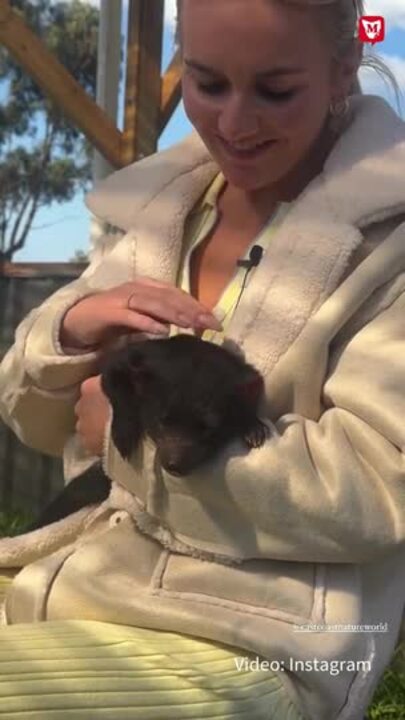
Swimming Australia (SA) has averted the threat of suspensions from the sport’s world governing body after reaching a historic agreement with World Aquatics and the Australian Sports Commission (ASC) that effectively ends their long-standing federated governance model.
In a groundbreaking deal that has been met with delight and scorn from sports leaders, SA has agreed to give 50 per cent of voting rights to athletes and community clubs, essentially switching the balance of power that was held by the states.
“We are delighted to have been able to reach this outcome today and thank the member organisations for their support in bringing this to a resolution,” said Hayden Collins, the co-chair of the SA board.
“We look forward to finalising this prior to Christmas and moving forward in a positive manner.”
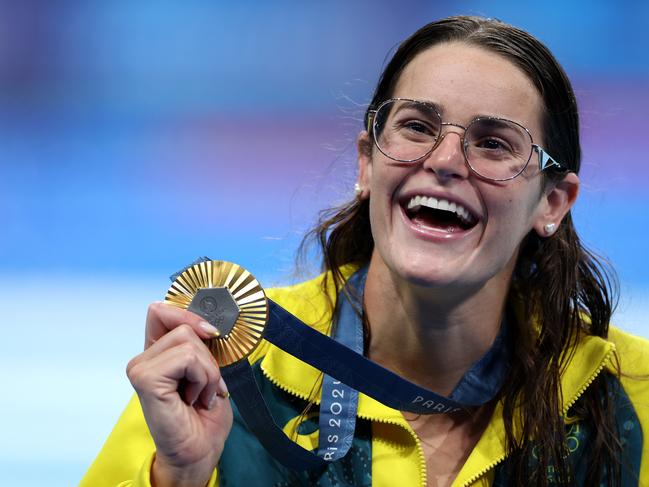
The agreement to make further changes to SA’s newly adopted constitution was reached after a high-level meeting between senior World Aquatics officials and their legal counsel, who flew to Sydney after SA had missed the deadline to usher in changes to the structure of its voting membership.
Frustrated at the delays, the global regulator requested a behind-doors meeting with SA board members and ASC leaders at the offices of the Australian Olympic Committee at Circular Quay, before all the parties reached an agreement that was signed off after lunchtime.
“I think it’s a big day for Australian sport. It’s a really good sign that there is light at the end of the tunnel of this fragmented model of sports governance,” World Aquatics CEO Brent Nowicki told this masthead.
“There were some really good leaders who stepped up and really kind of helped push it through. It was a really collaborative effort.”
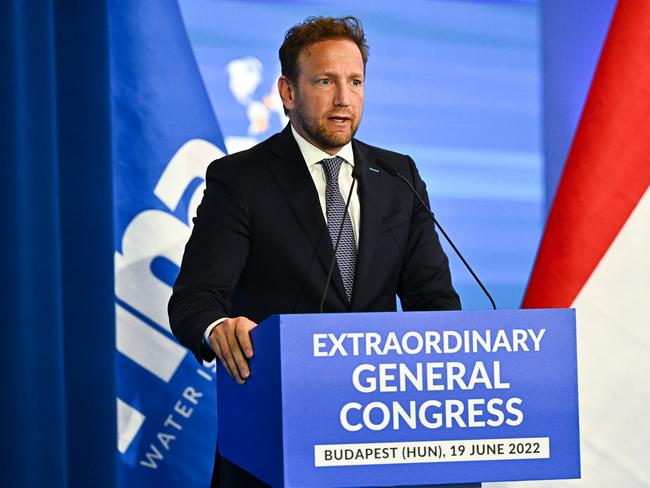
SA released a statement confirming the agreement, outlining the changes which they said would be implemented before the 2025 annual general meeting, ending fears of suspension or the sport being run and being run by a stabilisation committee.
Under the new deal, the current member organisations, including the seven states and territories, the Swim Coaches and Teachers Association and the Australian Swimmers Association, will retain 40 per cent of the voting rights,
Australia’s World Aquatics executive member, currently Matt Dunn, will have a 5 per cent vote, while SA’s affiliate members, including the bodies in charge of diving, water polo, artistic swimming and masters swimming will also have 5 per cent.
The additional 50 per cent of voting rights will be split between the clubs and athletes, with clubs gaining 30 per cent and 20 per cent for the athletes.
“Hopefully the monopoly’s broken and we can move forward,” Nowicki said.
“I hope it’s a model that other federations can look at, or other organisations in Australia can look at, and say ‘hey, this federated model is not fit for purpose and if it’s not fit purpose in swimming, perhaps it’s not fit for purpose in other sports.”
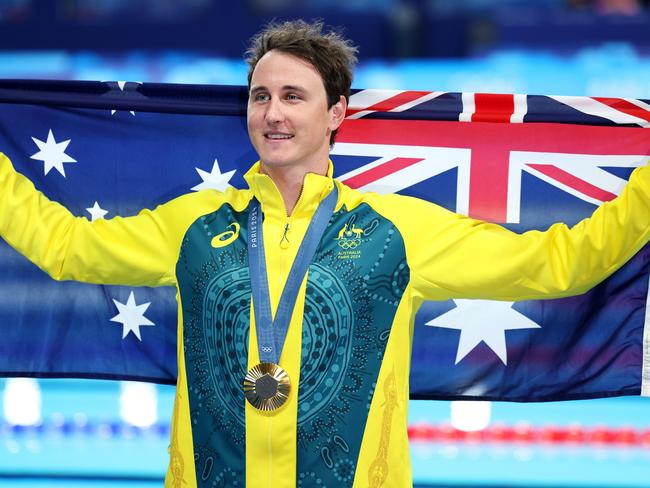
The SA board also agreed to allow an ASC appointed observer for a period of up to three years and undertake a board evaluation process.
ASC chief executive Kieren Perkins welcomed the agreement.
“The ASC continues to work with our national sports around good governance principles and are pleased with the positive outcome of today’s conversations,” he said.
“We look forward to seeing the adoption of these constitutional changes.”
But not everyone was pleased with the outcome, with some officials, speaking on condition of anonymity, highly sceptical about the process.
“This whole thing was a disgusting power play that has nothing to do with looking after the best interests of swimmers,” said one official.
“This hasn’t been driven by members. Mums and dads don’t want to be tied up with board meetings, they want their elected officials to do that. That’s how democracy works. Now, all the decisions will be made by people that no-one voted for.”




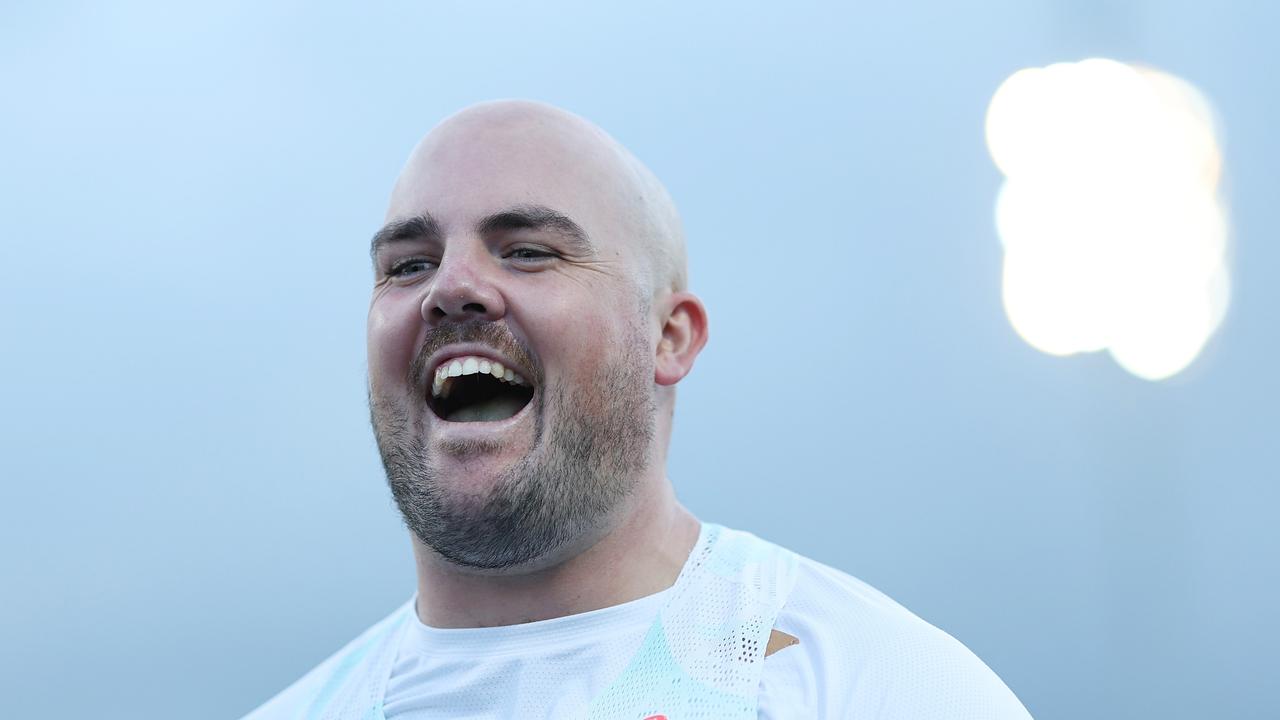
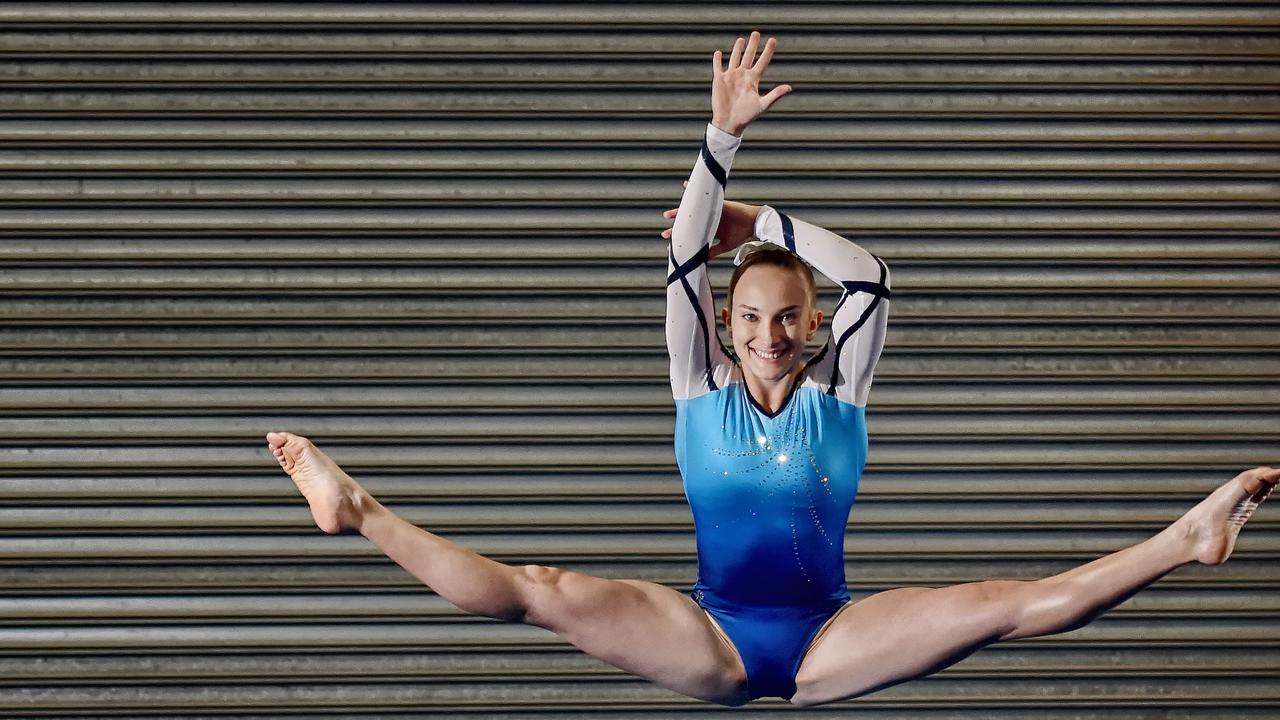
To join the conversation, please log in. Don't have an account? Register
Join the conversation, you are commenting as Logout